The answers you get from literature depend on the questions you pose
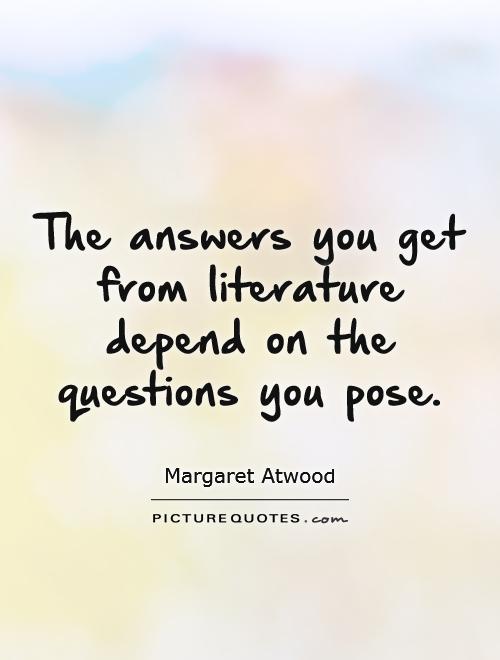
The answers you get from literature depend on the questions you pose
Margaret Atwood is a renowned Canadian author known for her thought-provoking and often dystopian works of literature. Her novels, short stories, and poetry often explore themes of power, gender, identity, and the environment. Atwood's writing is known for its complexity and depth, and her works have been praised for their ability to provoke deep reflection and contemplation in readers.One of the key aspects of Atwood's writing is the way in which she poses questions that challenge societal norms and conventions. In her novel "The Handmaid's Tale," for example, Atwood asks readers to consider what would happen if women's rights were stripped away and they were reduced to mere vessels for reproduction. Through this provocative question, Atwood explores issues of power, control, and gender inequality, forcing readers to confront uncomfortable truths about the world we live in.
Atwood's ability to pose challenging questions in her literature is what makes her work so powerful and impactful. By asking readers to consider difficult and often unsettling scenarios, Atwood forces us to confront our own beliefs and assumptions, and to think critically about the world around us. In doing so, she opens up new possibilities for understanding and insight, and encourages us to question the status quo and imagine alternative futures.
The answers we get from Atwood's literature depend on the questions she poses. By asking us to consider difficult and complex issues, Atwood challenges us to think deeply and critically about the world we live in. Her work encourages us to question our assumptions, confront uncomfortable truths, and imagine new possibilities. In this way, Atwood's literature serves as a powerful tool for sparking dialogue, promoting social change, and inspiring readers to think differently about the world around them.

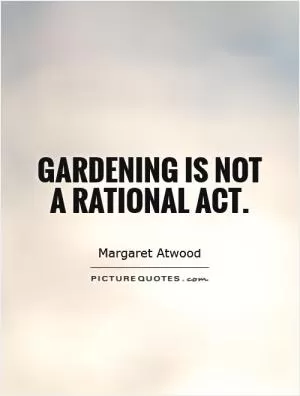
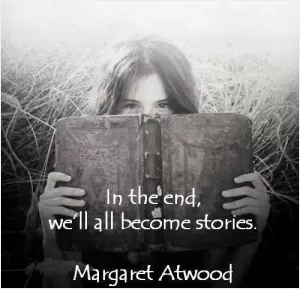
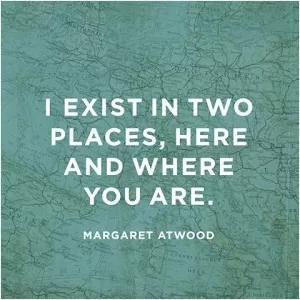

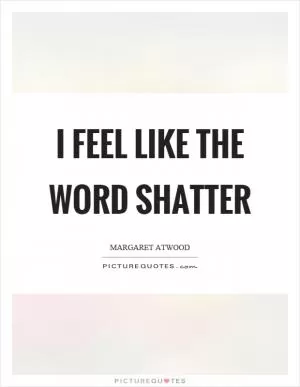

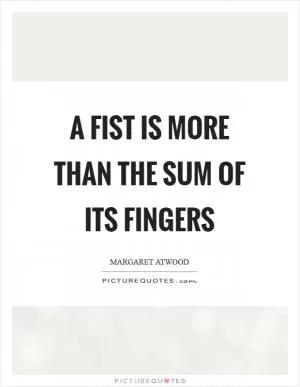
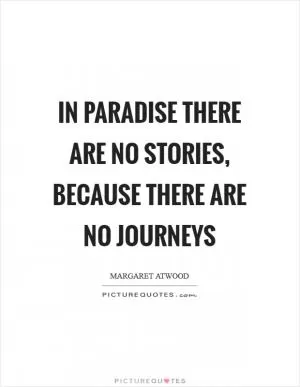
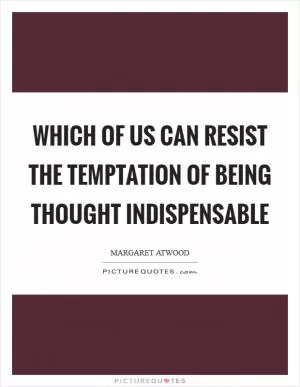
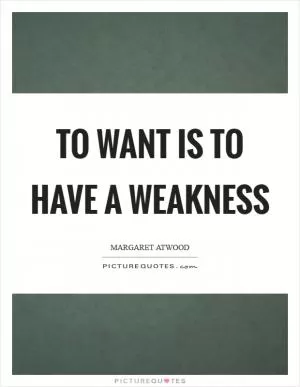
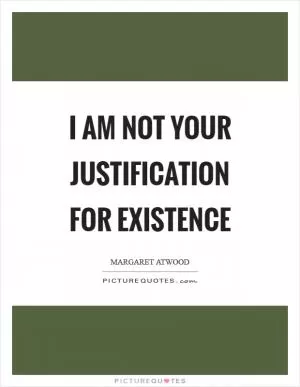
 Friendship Quotes
Friendship Quotes Love Quotes
Love Quotes Life Quotes
Life Quotes Funny Quotes
Funny Quotes Motivational Quotes
Motivational Quotes Inspirational Quotes
Inspirational Quotes